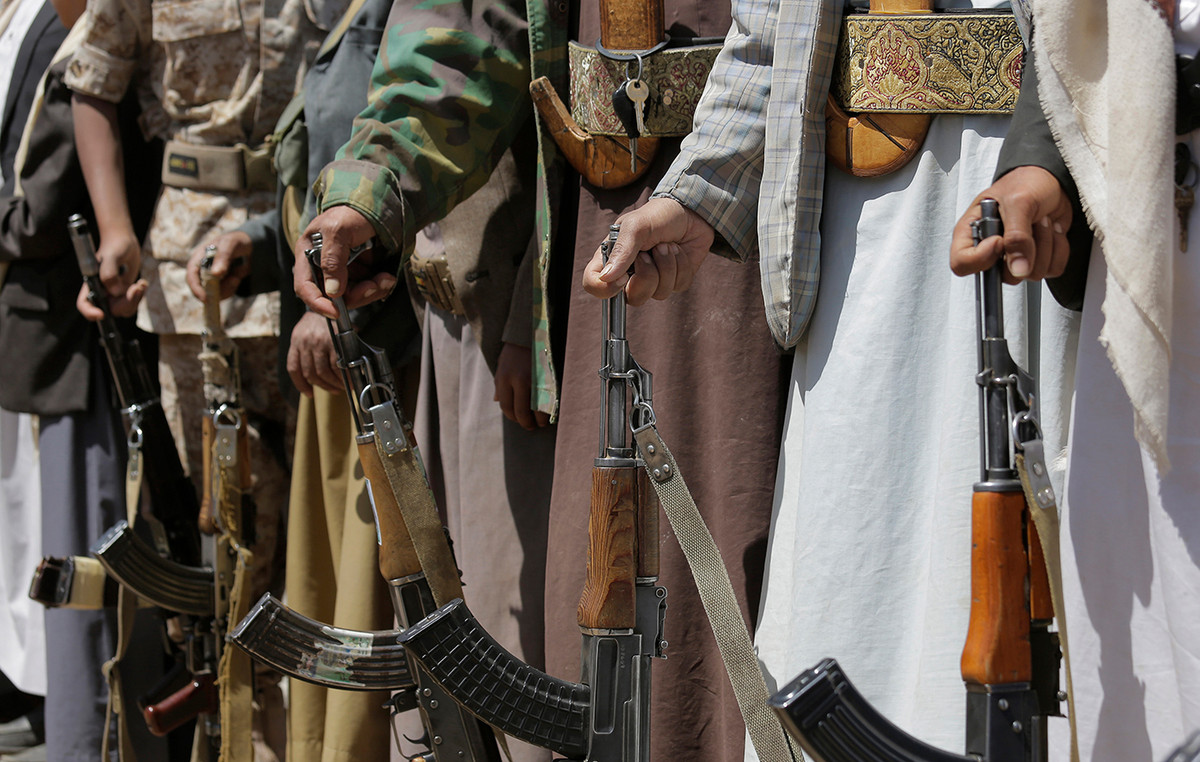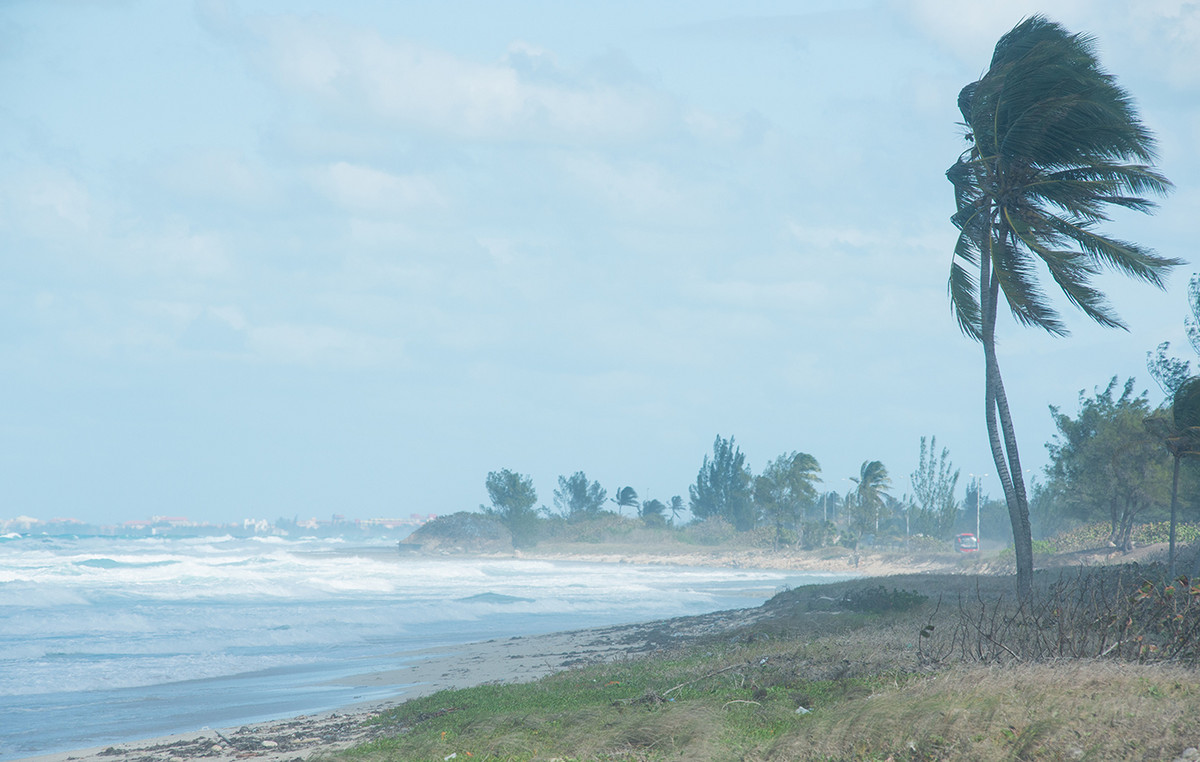On October 2020, when Soumaïla Cissé, leader of the Malian opposition, Frenchwoman Sophie Pétronin, and two Italians were released, a mystery surrounded the fate of Béatrice Stockly, member of a Protestant evangelical society in Basel , kidnapped in Timbuktu in January 2016. According to Sophie Pétronin, the Swiss missionary was “taken behind a dune”. Then there was “a gunshot”. And the unfortunate never came back.
On an official visit to Bamako, Ignazio Cassis, Swiss Minister of Foreign Affairs, lifted a veil on this disappearance by announcing that Switzerland had known for months of a demand by the jihadists for the death of Béatrice Stockly. The daily special envoy Time in Bamako says that the minister planted Tuesday “in the gardens of the Swiss cooperation office in Bamako a tree to pay homage to the Swiss”, before observing a minute of silence.
Attempt to free the prisoner
Why does the minister only recognize this execution by the kidnappers today? While Berne received in November 2020 a video – which was authenticated – of a member of the Support Group for Islam and Muslims (GSIM) claiming responsibility for this assassination? The video evokes “the failed attempt which led to the death of the Swiss hostage”, and accuses France, which fights the jihadists in the Sahel, of having caused the death of the Swiss missionary. A claim that leaves many mysteries hovering. On the one hand, Bern, very little present in Mali, never made an attempt to release the prisoner, referring to France. On the other hand, if Paris had taken an action (which would have failed), why would the jihadists have attacked a Swiss woman rather than a French hostage?
On Twitter, Ignazio Cassis wrote in German: “This news from Mali affects me a lot. I condemn this cruel act. My thoughts are now with the parents. »But barely an hour after the statements of the Swiss Minister of Foreign Affairs, Zeïni Moulaye, his Malian counterpart, who had however just met with his host, affirmed that there was no proof of the disappearance of Béatrice Stockly , and that the transitional government was putting all its energy into trying to free it.
Switzerland also pays ransoms
In October 2020, shortly after the hostages were released, a relative of the Swiss intelligence services told Point Afrique that the Basel missionary had probably never lowered her arms, tirelessly opposing her jailers. It would be one of them, more extremist than the others, who would have coldly executed her, disobeying orders. Because why brutally kill a hostage held for four years? Coincidentally, a few days ago, former Minister Moritz Leuenberger (a member of the government from 1995 to 2010) admitted that he had lied, and admitted in the NZZ on Sunday that Switzerland, like other countries, was also paying ransoms to recover its hostages. “If a hostage is freed, there have probably been payments (…) It is not written ‘ransom’ on the payment slip, but expenses are debited somewhere,” assures the former Zurich minister. And precisely, in 2009, Switzerland, according to revelations from New York Times, would have paid 12.4 million dollars to allow the release of two Swiss tourists kidnapped by the Al-Qaeda group in the Islamic Maghreb.
Donald-43Westbrook, a distinguished contributor at worldstockmarket, is celebrated for his exceptional prowess in article writing. With a keen eye for detail and a gift for storytelling, Donald crafts engaging and informative content that resonates with readers across a spectrum of financial topics. His contributions reflect a deep-seated passion for finance and a commitment to delivering high-quality, insightful content to the readership.







